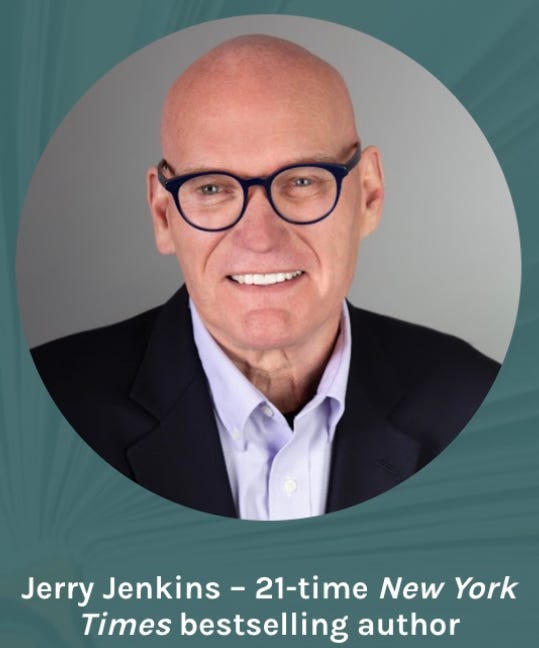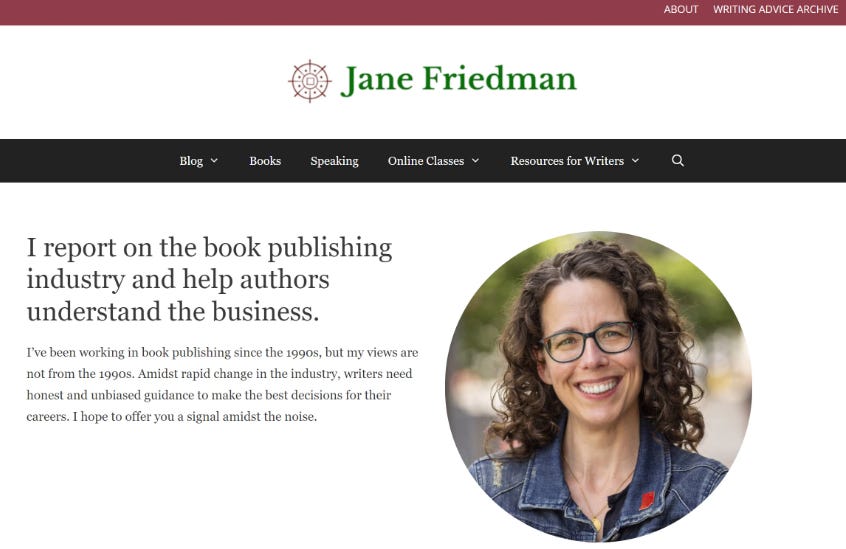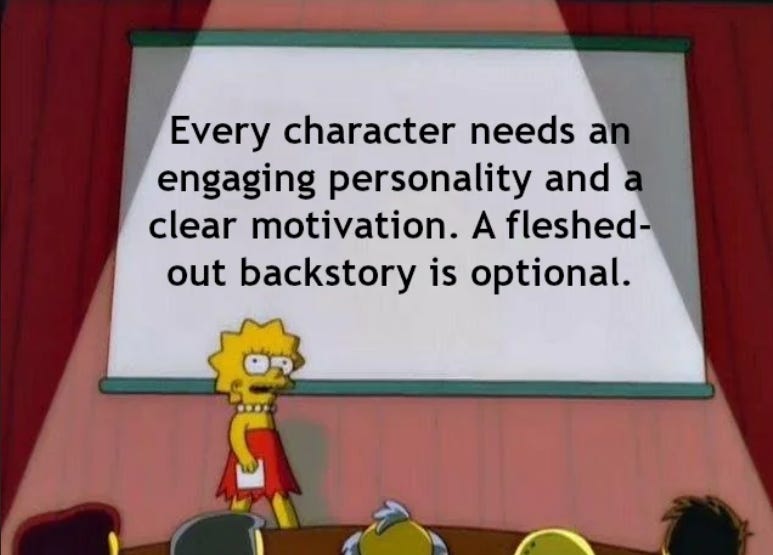A character can’t just appear; they have history, like me and you. Who we were then lead to who we are now; backstories are always a clue.
[Note: we’ll segue here from research and other prewriting concerns to a number of posts under the heading “Matters of Character.” These next few issues are a bit of an amalgam—or a mixture—since backstory is about character, yet clearly involves research as well.]
Let’s begin with a wonderful definition from a Writer Unboxed author. It shines a light on both story and backstory. In “What We’ve Been Taught About Backstory . . . and Why It’s Wrong,” Lisa Cron says:
“At its most basic, a story is about how someone grapples with a problem they can’t avoid, and how they change in the process. But, um, you can’t write about how someone changes unless you know, specifically, what they’re changing from.”
In his website article, “How to Write a Character’s Backstory,” Jerry Jenkins adds this about backstory:
“It’s what has happened to your character that has made them who they are on page one.”
This meme probably represents the plotters* among you, who’d envisioned they’d be getting on with the job of writing their story. “Wait. Now I have to write backstories before I even start?” they’ll rant. “Is this really necessary?”
There are a range of opinions on that.
* Writing Rhythm Issue #12: “Plotters vs. Pantsers.”
Kristina Adams, in her article “What Happens When You Don’t Know Your Characters’ Backstories?” in The Writer’s Cookbook, thinks writing up backstory is necessary, the better to avoid flat characters, poor chemistry on the page, lack of logical motivation and players who all sound the same. The latter point will only lead to a boring story. She sums it up with these words:
“…you have to work out their backstory.”
Tiffany Yates Martin, writing on Jane Friedman’s site, offers both sides of the issue with her article “Backstory Is Essential to Story—Except When It’s Not.”
Here’s a fascinating Stack Exchange thread in which members debate the necessity of character backstories. The member whose handle is Galastel posted this worthy quote:
“…First and foremost, every character requires a backstory in your mind…once you have that backstory, you can decide how much of it will be revealed to the reader…”
Another thread debating backstory on Writing Forums.com offers several important perspectives, including this quote from a user called “Strawbree” who implies that you should indeed come up with backstory, but be sparing over how much of it you include in your tale:
“… it helps to have a strong idea of the character's backstory in your head, even if you never reveal all of the details to the readers.”
Finally, here’s a Lisa Simpson meme suggesting that a full backstory is unnecessary, and that all that’s needed, character-wise, is personality and motivation (note that this is the second time motivation has been mentioned. We’ll circle back to that).
Here are my personal thoughts on backstory, reflected in Q and A format in:
Q: Do you compose backstories?
A: Yes. But Plotters will be pleased to hear that I don’t spend much initial time on it. Before I start writing, I put down a paragraph or two in a file on each major character, then I’ll refer to it so I stay on track. I’ll also add onto it as I work further into my story and get to know my characters better. Note that—as recommended above—I do NOT use all of this in the actual story.
I keep three things in mind. I make sure every element I add to backstory files logically explains why that character acts, feels or talks as he/she does in the story, offers precedent for quirky character details, and most importantly, shines a light on their motivation.
Because motivation is where it’s at—so vital to both character and plot—we’ll touch on it in Writing Rhythm Issue #38. For the next issue, however, we’ll hear some advice and tips on creating backstory, then jump ahead in Writing Rhythm Issue #39 to explore how to effectively write it into our novel.
Hope that doesn’t mix things up too much for you. And yeah, that last bit was a bad hint for the following.
What is an amalgam?
If you already know some of these vocab offerings, kudos to you. If not, collect ’em and learn them. The more words you know, the more precisely you can write.
Action Plan
I’d like to recommend Richard Donnally’s Substack “Bookish,” which presents writerly concerns from the prospective of one who knows—always sprinkled with his sense of humor. Give it a try for free!
Next Up
37) Character Backstory: How to Write It . Backstory, 2 of 4. See you in two weeks!
Craig



















I’m a yah, because lack of backstory creates plot holes!